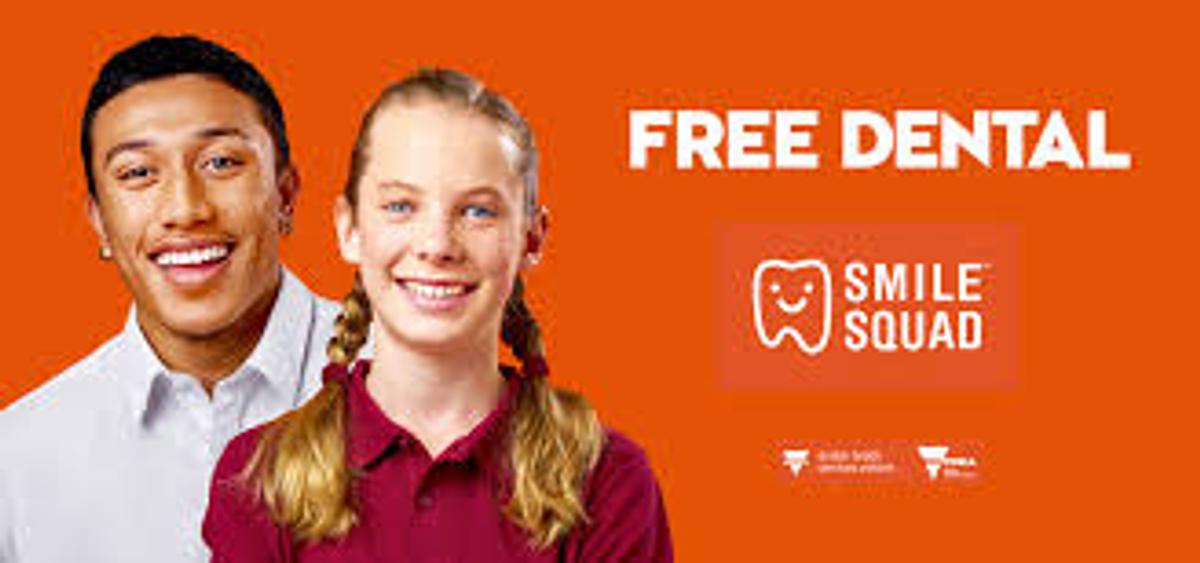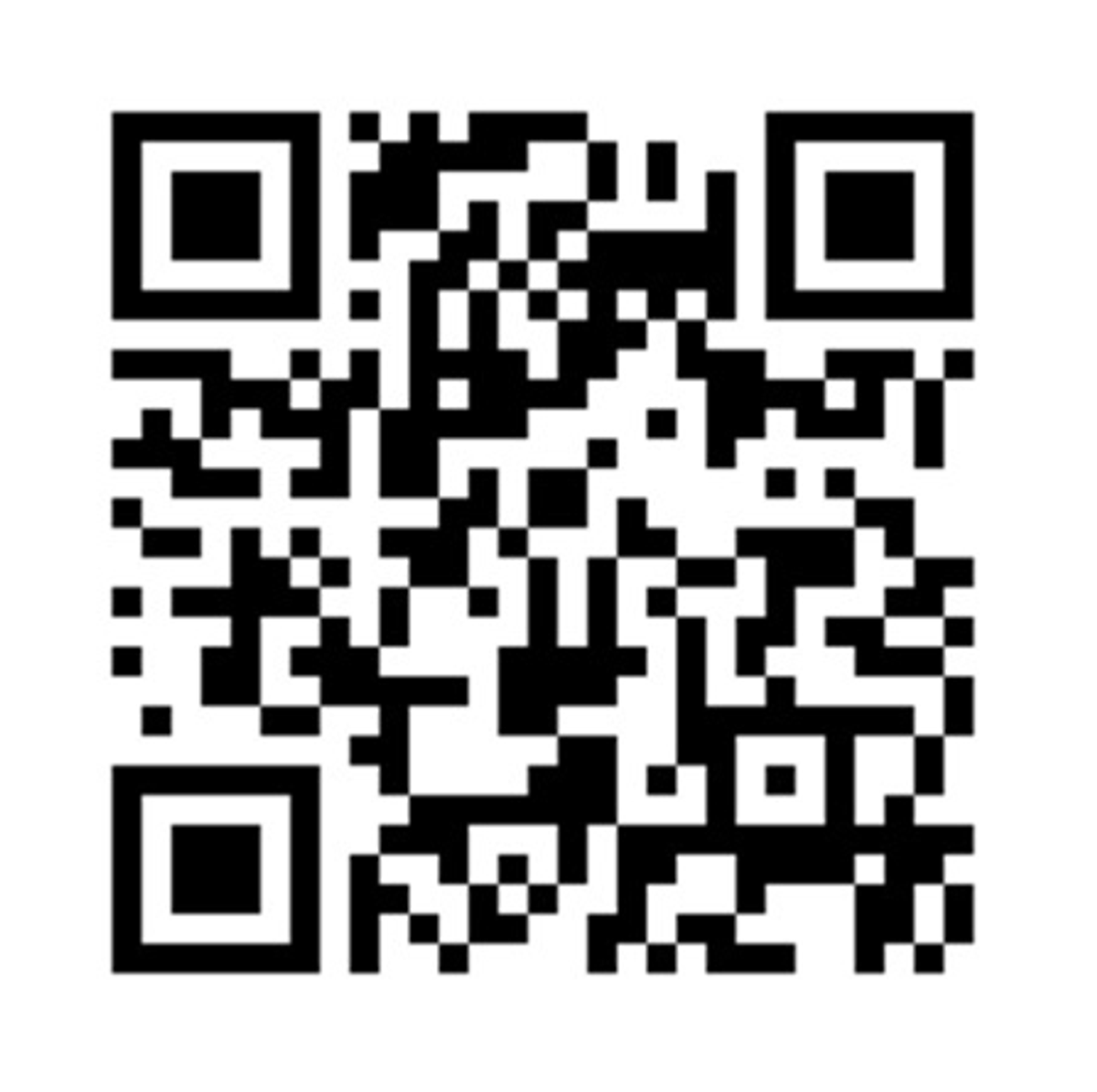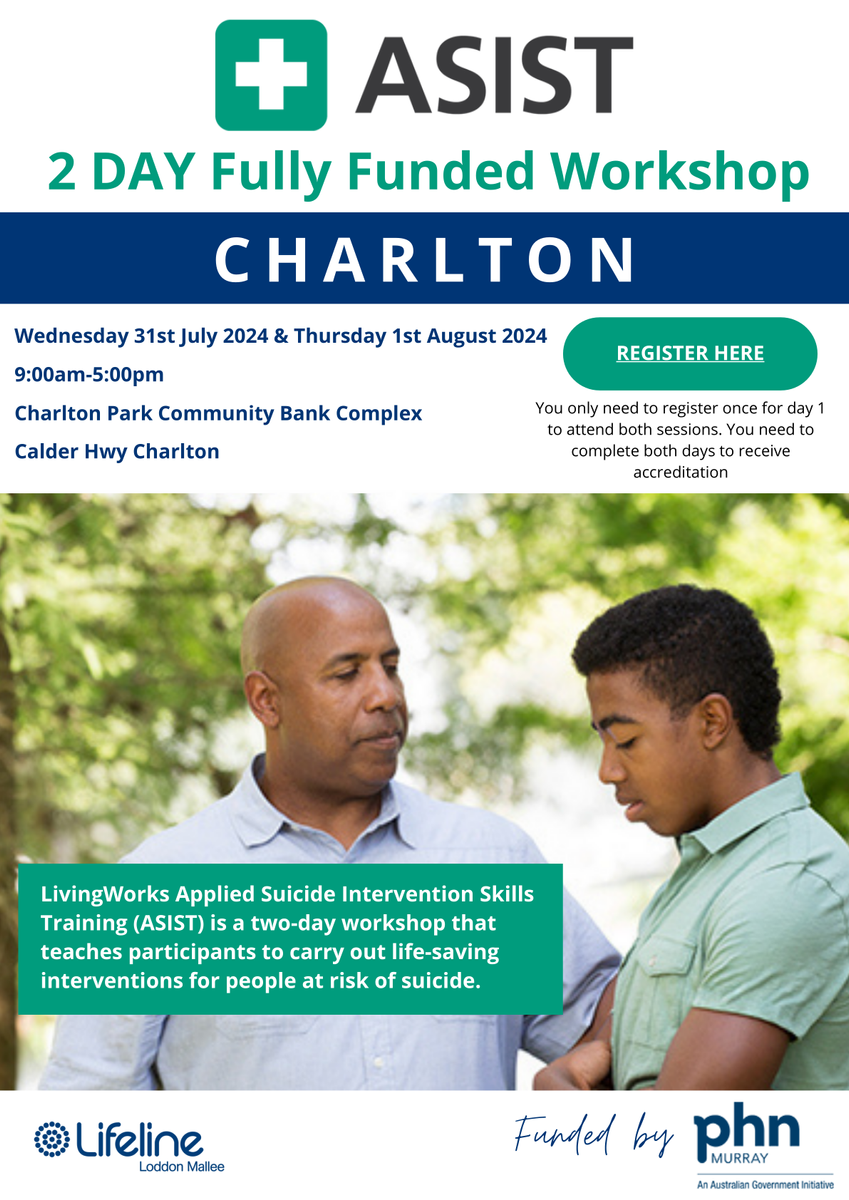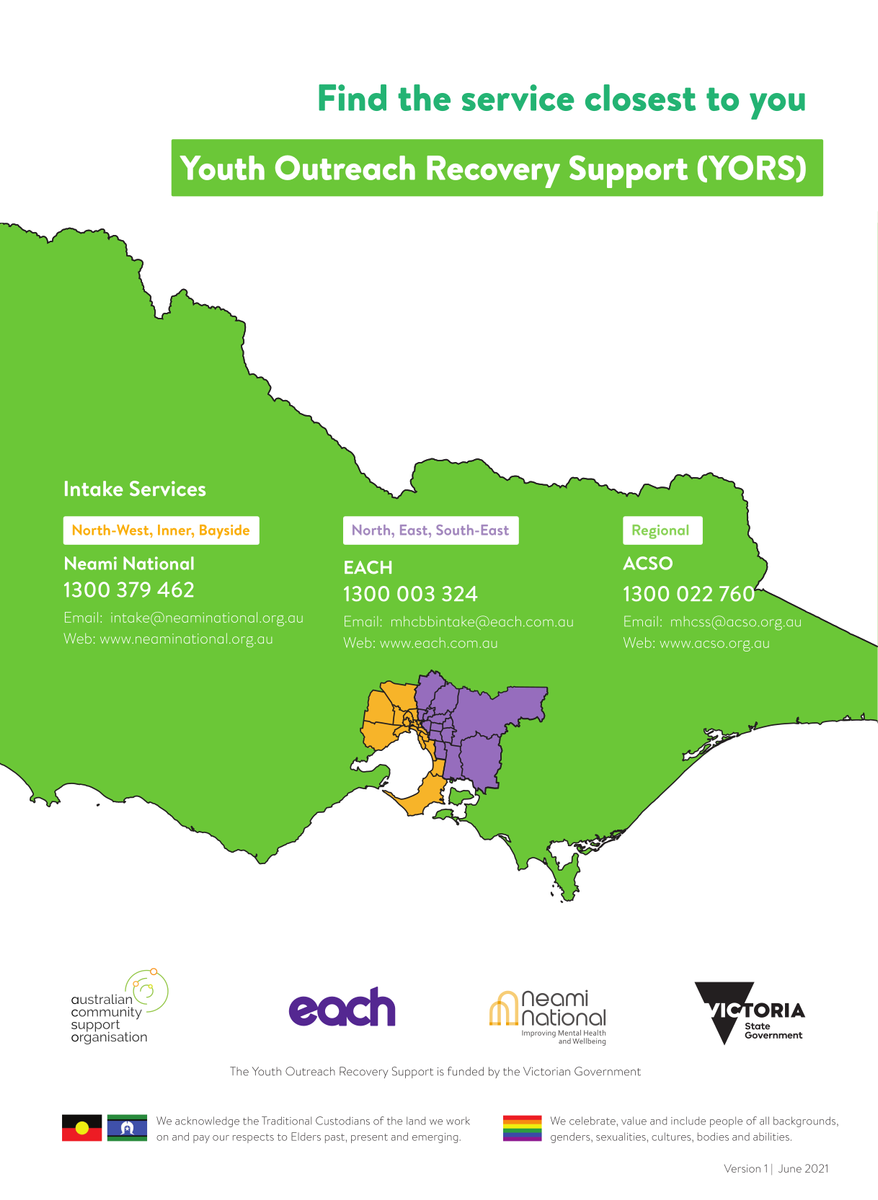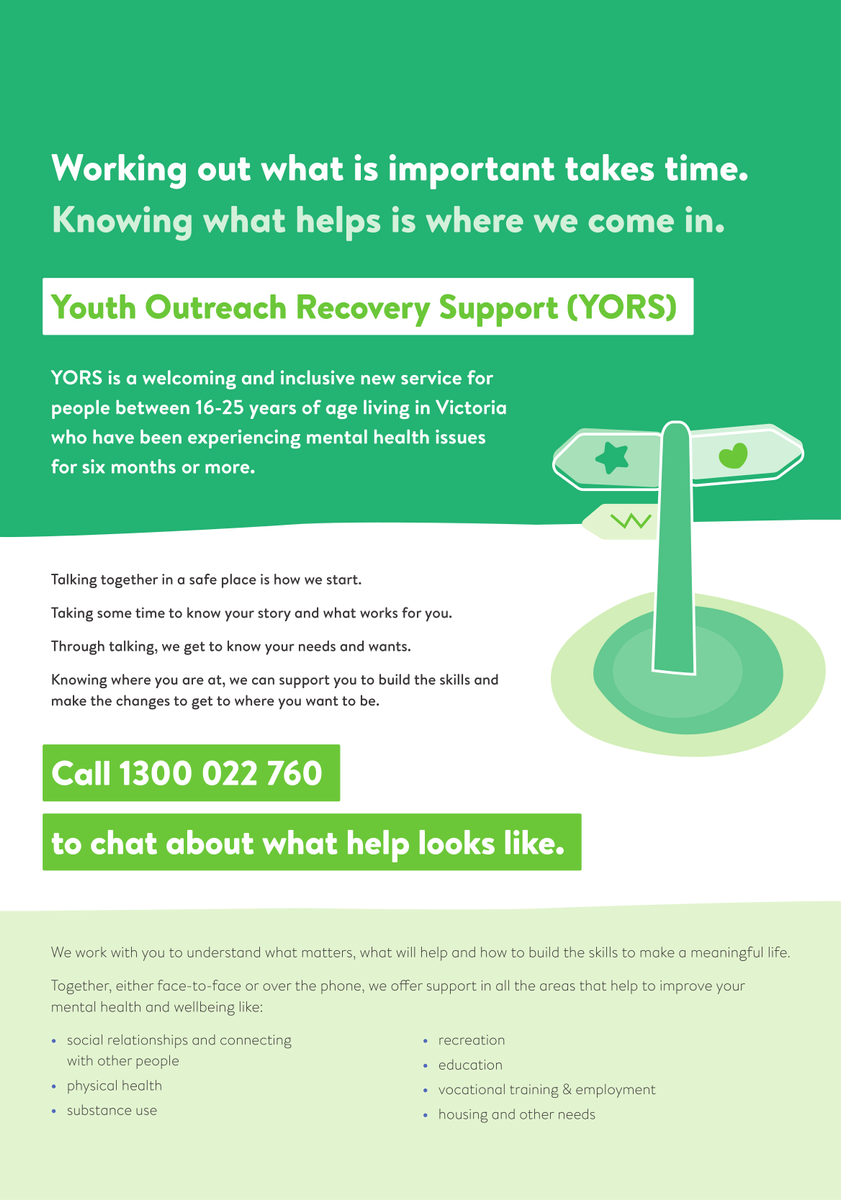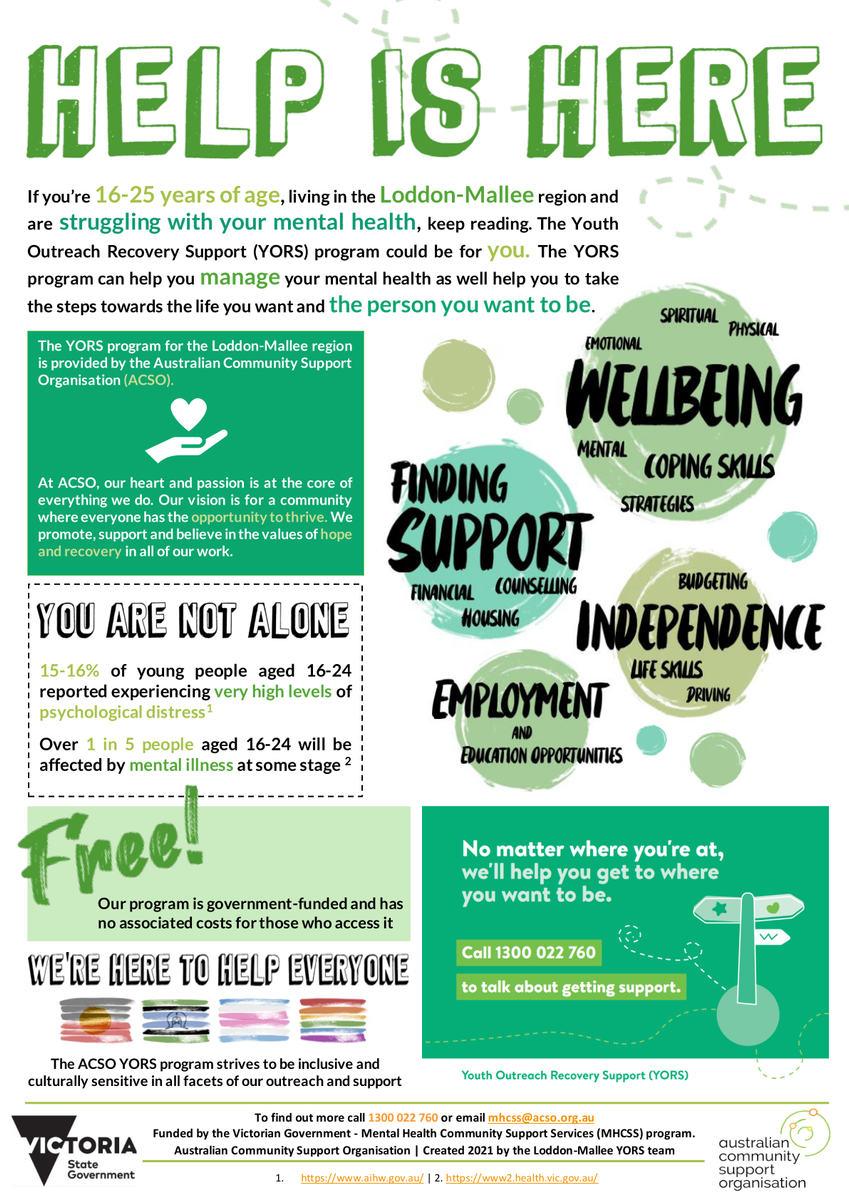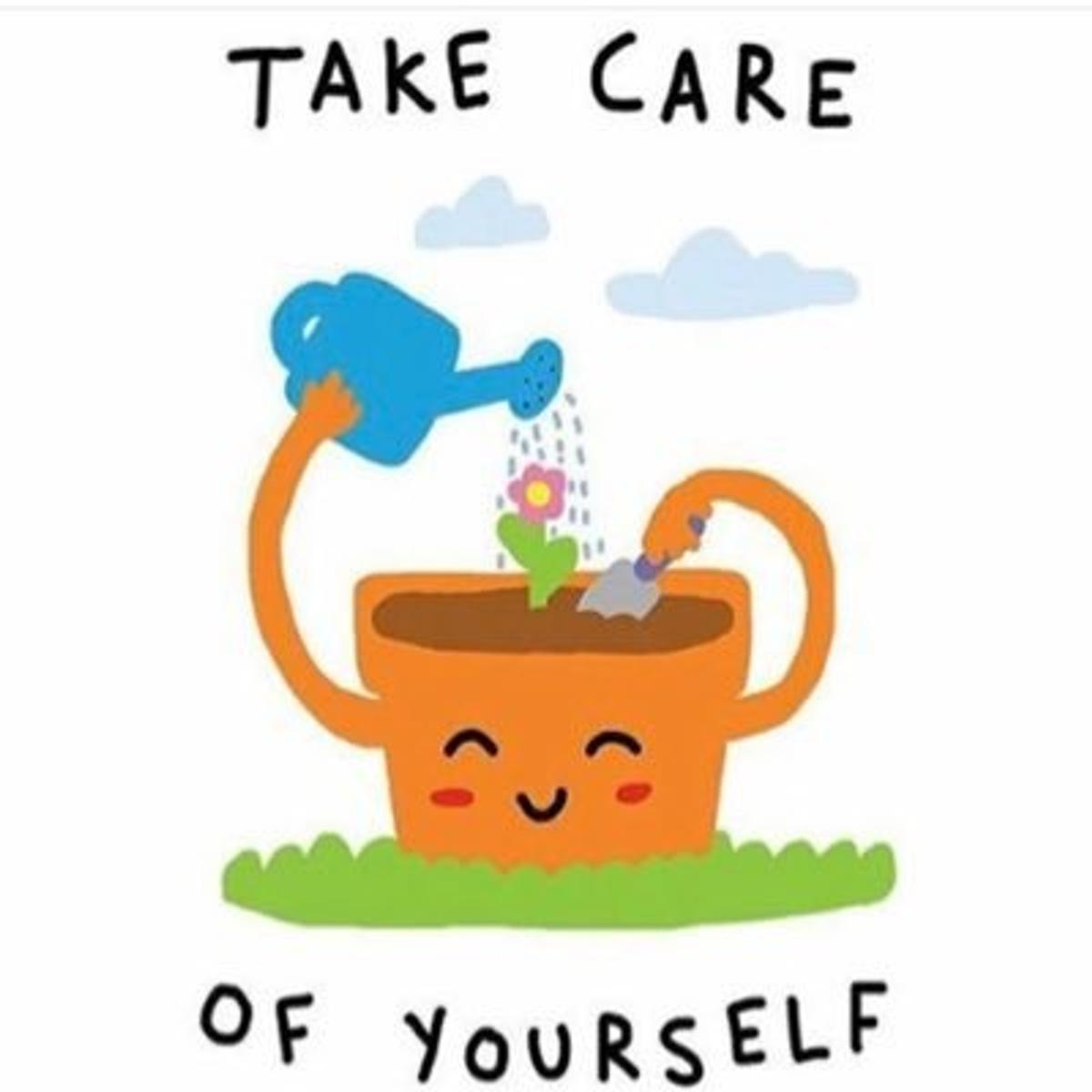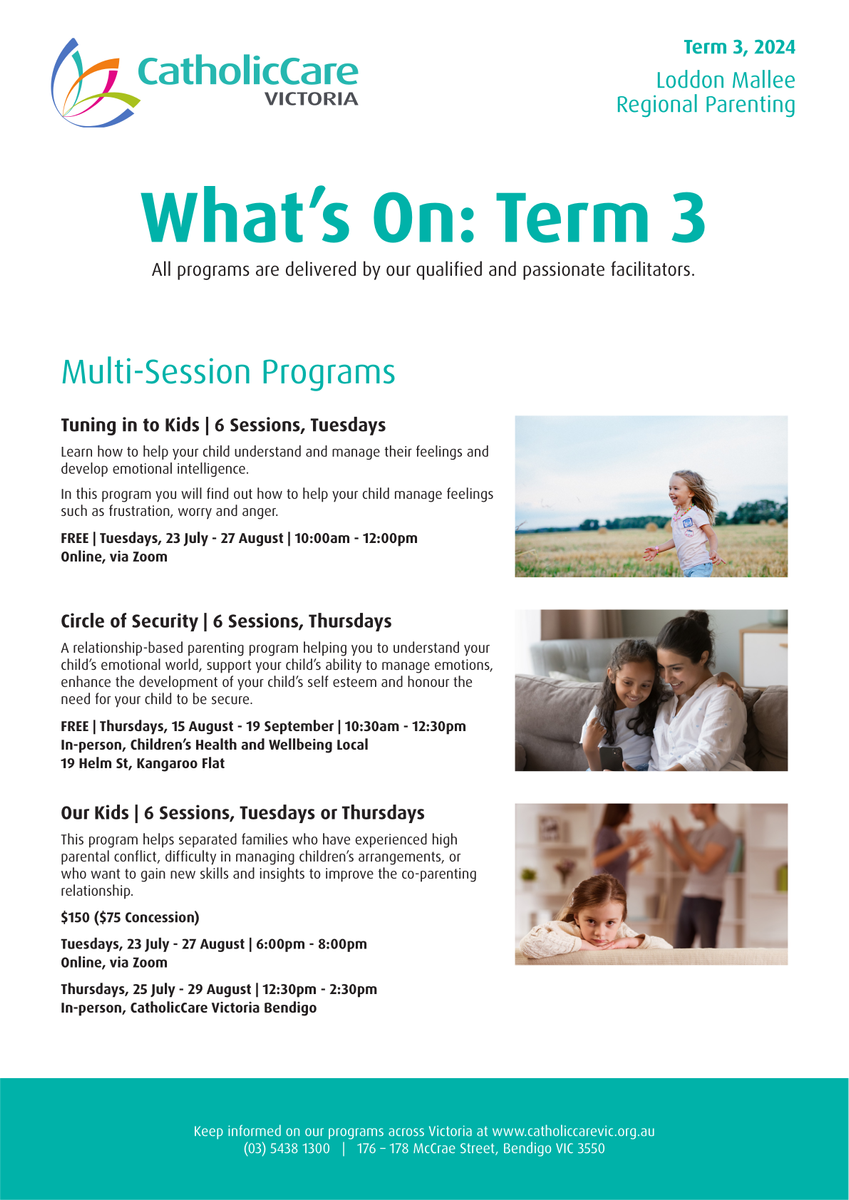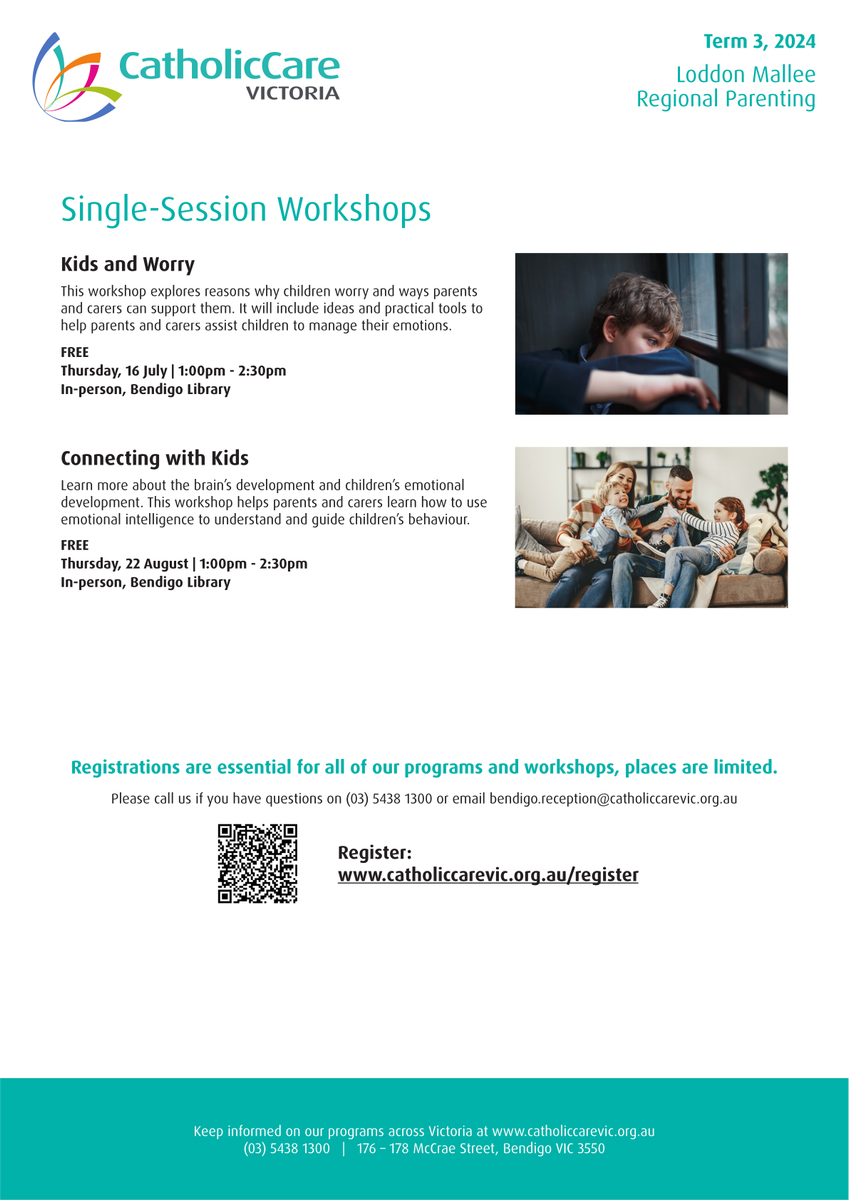Student Wellbeing

Smile Squad
The Smile Squad team from RFDS are coming to our school in August and September.
Smile Squad is the Victorian Government free school dental program.
This means ALL students can get a free dental check-up, preventive services, and treatment
at school.
How to access free dental care
We need your consent before we can provide services. Consent is usually provided by a
parent or guardian.
Sign up to Smile Squad at: https://bit.ly/smilesquadvic
OR use the below QR code
Please complete and submit the consent form by 01/08/2024, paper copies will be collected from the office 19/08//2024.
Paper copies of the consent form have been sent home with all primary students. Please contact the school office if you would like to request one for your secondary student. The electronic consent form can be translated into more than 100 languages, and the paper
form is currently available in 13 languages.
Do I need to attend my child’s appointment?
No, you do not need to attend your child’s appointment. You can attend if you would like to, and you can take your child to the community dental clinic if you prefer.
Appointments can be arranged before or after school should this be more convenient.
Please keep your phone handy during the Smile Squad visit should the Team need to contact
you regarding your child during their visit.
If you would like any further information please contact Jess McGurk at the College.
L2P’s Program
The Buloke & Loddon L2P Learner Driver Mentor Program is part of a state wide initiative funded by the Transport Accident Commission (TAC) and managed by Vic Roads. The aim of the program is to reduce the number of driver fatalities by giving learner drivers supervised experience in many different environments and situations, building self confidence, trust and safety on our roads. The program aims to provide assistance to young people who are facing significant barriers to completing their mandatory 120 hours of supervised on road driving experience through the support of Volunteer Mentors from the community. Young people are matched with fully licensed volunteer mentors and have access to a sponsored vehicle to gain driving experience.L2P is free for eligible young people. To join an L2P Program, you need to:
- Be between 16 and 20 years of age
- Hold a current learner’s permit, and
- Not have access to a vehicle, a supervising driver or both.
To become a volunteer mentor in the L2P program, you need to:
- Be over 21 years of age
- Hold a current full Victorian drivers licence, and
- Meet requirements of the L2P program.
Our driver mentors offer coaching, support and guidance to the learner drivers while they learn the skills required to become safe, fully licensed drivers.
If you would like to apply for this program please contact Jess McGurk at the College.
Consent
Recently, the Federal Government have launched a new campaign around consent in hope of supporting adults to educate our young people. The newly created website, consent.gov.au, supports parents and carers with advice on engaging young people about consent. This exciting development provides conversation starters and discussion guides to broach the topic of consent with young people as well as guides for talking to other adults.
This article published by the ABC gives a great overview of this new campaign and the research that supports the need for it.
ASIST Training
Lifeline Loddon Mallee are delivering a suicide prevention program, 'Applied Suicide Intervention Skills Training' (ASIST). This is a two-day workshop, open to anyone aged 16+, that teaches participants to carry out life-saving interventions for people at risk of suicide. The first will be in Charlton and details can be found below:
Date: Wednesday 31st July 2024 & Thursday 1st August 2024
Time: 9:00am-5:00pm
Location: Charlton Park Community Bank Complex
Sign up here
Youth Outreach Recovery Support
Youth Outreach Recovery Support (YORS) is a Mental Health Community Support Service (MHCSS) for young people aged 16-25 years who are experiencing mental health symptoms or significant psychological distress.
Young people can self- refer to this service or with the young person’s consent, referrals can also be made by family members or carers, schools, youth services, GPs, private and public mental health clinicians.
Attached to the newsletter is some further information. If you would like any further information or support in accessing this service please contact Jess McGurk.
Self-Care in the School Holidays
As we near the end of a very busy term for staff, students and their families it is a nice reminder to consider how we could use the holidays to recharge our batteries. Self- care is such an important way to assist in maintaining good physical, mental and emotional health.
What is self-care?
Self-care is anything you enjoy doing that helps make you happy and maintains your physical, mental or emotional health. It's when you take the time to take care of yourself. It can be simple everyday pleasures like soaking in the bathtub, reading a magazine or going for a run. Or bigger things like having a meal with friends, doing a hobby or playing sport. For families, self-care helps parents and teens deal with life’s everyday pressures in a more positive and rewarding way.
Why self-care is so important for families?
For busy parents, self-care can help replenish your physical, mental and emotional energy, and boost your creative and spiritual reserves. All of which get depleted when you’re tired and stressed. But did you know that your self-care helps your family too?
● Self-care can help you be a more engaged and effective parent. You’re likely to be more patient and have more positive interactions with your teen. Far from being selfish, self-care is one of the best ways to help your family.
● When parents practice self-care, it’s been shown that teens are encouraged to do the same, and take this positive habit into later life. So your self-care helps teach your teen how to look after themselves better.
● As a parent you know that developmentally this is a hard time for your teen. Learning self-care can help them through this tough period. Self-care ideas for everybody Some activities you enjoy may cost a bit, or take time, but self-care is just as likely to be about the simple free things too. Here are some examples scaled from the everyday to the only once in a while
Physical self-care
● Exercise: Walking, running, cycling, swimming locally – or doing classes and fun runs or rides.
● Sport: Throwing or kicking a ball around with mates in the park, gaming online – or joining a local club or gym.
● Spa: Soaking in the tub – or having a massage or manicure.
Mental and emotional self-care
● Entertainment: Listening to music, watching a film or a match on TV – or going to a gig, show or game.
● Nature: Time in the local park, gardening or planting a window box – or hiking in the country or visiting a gardening centre.
● Friends: Popping round for a cuppa, or Facetiming/Skyping with coffee in hand – or meeting in a café.
Creative and spiritual self-care
● Imagination: Getting in the habit of writing, drawing or Instagramming – or joining creative classes (check out local community centres.)
● Learning: Reading books from the library, listening to podcasts, watching Ted talks online – or going to a local talk or event.
Self-care works best as a routine. Regular acts of self-care keep you energised and dealing with pressures well. Which is better than an emergency fix to get back on track when things go wrong. So sit down with the family – talk about the importance of each doing the things you enjoy, that make you feel happy. Bounce ideas and put them in the planner or calendar. And support each other in doing them. Self-care is fun and good for you – enjoy it!

